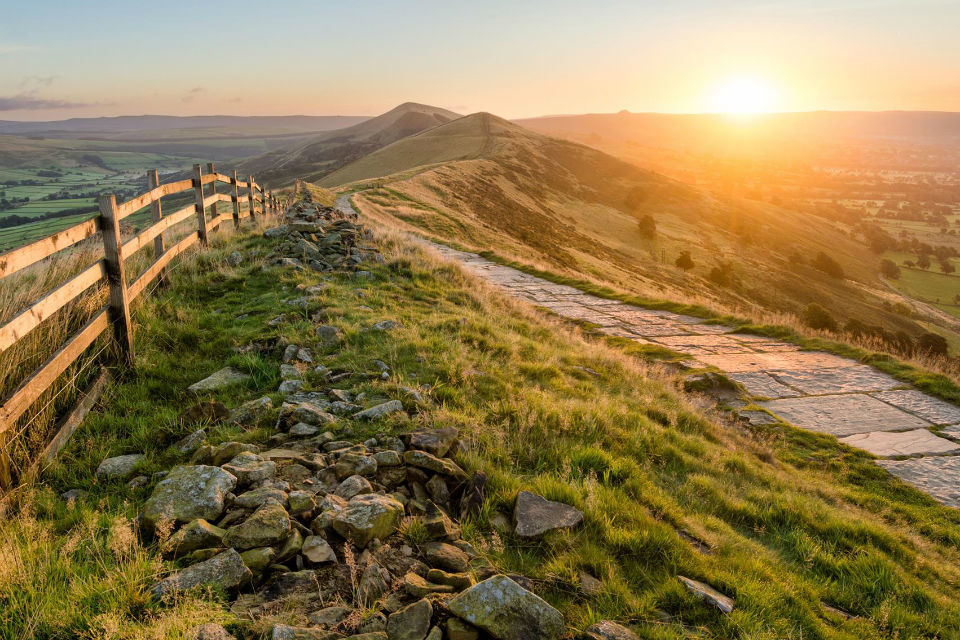I've emailed my mate to ask if he took more than one pic, but I don't think he did. We were occupied in sailing the boat at the time.
What birds (are you/have you been) watching? What birds have been watching you?
Collapse
X
-
 Richard Tarleton
Richard Tarleton
Good! But do send it to the Scilly recorder, it should be of interest.Originally posted by ardcarp View PostI've emailed my mate to ask if he took more than one pic, but I don't think he did. We were occupied in sailing the boat at the time.
I was out in a boat on Monday, with someone else doing the driving - a seabird and cetacean watching trip that took us out to Skomer, Grassholm, the Smalls and beyond. Lovely encounter with pod of common dolphins
Comment
-
 Richard Tarleton
Richard Tarleton
My other expert friend also goes for Acrocephalus, probably Reed warbler (agreeing with Vox's first impressions) - bill too long for Marsh warbler, he says. He also comments on the difficulties of identification from a "cold" photograph.
So we're in the "unstreaked acrocephalus" ballpark.
Comment
-
Assuming the photo is of this bird, your description does sound like a phylloscopus species and the apparently thick bill must be a photographic illusion.Originally posted by ardcarp View PostA few observations from a sailing trip to the Isles of Scilly. ... One tiny warbler (whitish chest and very thin bill) landed on our rigging. It was so exhausted that a temporary 'landfall' overrode its fear of humans. It stayed for a few minutes before setting off again.
This event reminds me of a time many years ago when I was travelling to St Mary's on the Scillonian. The boat was packed with birders, most of whom were on deck looking for seabirds. An exhausted Goldrest landed on the top of one bloke's binoculars which were dangling on his chest. He was so fixed on watching the sea that he didn't notice. Then he lifted the binoculars to look at something. The Goldcrest promptly tried to fly and dropped straight into the sea. Migration is tough.
Migration is tough.
Comment
-
-
Those who are keeping up with Springwatch (and can ignore the grinning, gesticulating, oh-so-jolly presenters) will know that many bird species are down in number. I wonder if this is related to lack of insects? Butterflies seem to have suffered a quite sudden decline here in the West Country. Whether this is because of a climate blip or because farmers are not preserving habitats I don't know. I also worry that many gardens are just too tidy. (Ours definitely isn't. Being environmentally friendly is a great excuse!) One good news story is the buzzard. We see loads now, whereas 30 years ago they were quite sparse.
BTW the owl which got confused and spent the winter on St Martin's, Isles of Scilly was a snowy owl. (We didn't see it.)
Comment
-
-
 Richard Tarleton
Richard Tarleton
Lovely recording - although he's singing at his rivals, not to his friendsOriginally posted by Lat-Literal View Post
Also one or more greenfinches on the soundtrack
Comment
-
Originally posted by Richard Tarleton View PostLovely recording - although he's singing at his rivals, not to his friends
Also one or more greenfinches on the soundtrack

 Nearly 70 years after National Parks and AONBs were first established, a new review will ensure designated landscapes are fit for the future.
Nearly 70 years after National Parks and AONBs were first established, a new review will ensure designated landscapes are fit for the future.
Comment
-
-
 Richard Tarleton
Richard Tarleton
Lat, I think we should keep government spam out of the birds threadOriginally posted by Lat-Literal View Post
 Nearly 70 years after National Parks and AONBs were first established, a new review will ensure designated landscapes are fit for the future.
Nearly 70 years after National Parks and AONBs were first established, a new review will ensure designated landscapes are fit for the future.
https://www.gov.uk/government/public...s-of-reference please can you copy your post to Recent Articles and News Items if you want to pursue it?
please can you copy your post to Recent Articles and News Items if you want to pursue it?
Interesting choice of chair - journalist Julian Glover, partner of Times columnist and former MP Matthew Parris but beyond that I know nothing about him - his Wiki entry sparse to say the least.Last edited by Guest; 13-06-18, 07:23.
Comment
-
 Richard Tarleton
Richard Tarleton
Originally posted by Vox Humana View PostWhooper Swans - four of them in Cornwall, according to the latest episode of Poldark. I wonder where they found those. Mind you, I'm not sure that any of them had two full wings. Bizarre. I shouted at the TV. I wonder how many props people were involved in lining them up.
Bizarre. I shouted at the TV. I wonder how many props people were involved in lining them up. 
Comment
-
... I understand Poldark is set in the 1780s.Originally posted by Vox Humana View PostWhooper Swans - four of them in Cornwall, according to the latest episode of Poldark. I wonder where they found those. Mind you, I'm not sure that any of them had two full wings.
Perhaps the distribution / migrations of Whooper Swans might have been different then, with greater frequency in Cornwall?

 The whooper swan is a large white swan, bigger than a Bewick's swan. It has a long thin neck, which it usually holds erect, and black legs. Find out more
The whooper swan is a large white swan, bigger than a Bewick's swan. It has a long thin neck, which it usually holds erect, and black legs. Find out more
.
Comment
-



Comment